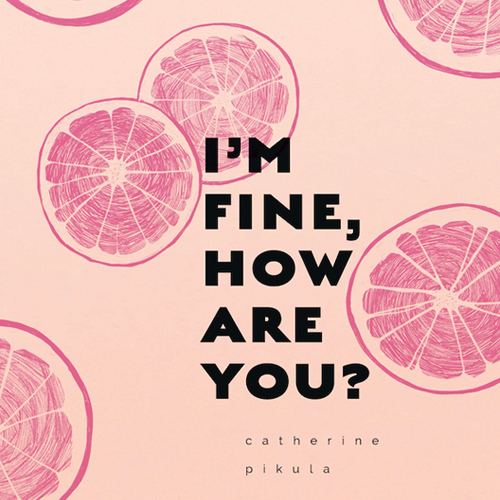I was driven by the forces that create and break language: sound, migration, immigration, alienation, speech, accent, imperialism, place, longing, myth, consciousness, archetype, universality, magic.” – Shilpa Kamat, “Saraswati Takes Back the Alphabet”
Poet, visual artist, and educator Shilpa Kamat contends with the violent legacies of imperialism, her lived experience, language, and threats of erasure in her chapbook, “Saraswati Takes Back the Alphabet,” finalist for the 2018 Anzaldúa Poetry Prize. In “eleven,” mid-way through the chapbook, Kamat writes, “the demons were never/ evil just regular/ people who prayed.”
The content of Kamat’s life—the experience of thinking across multiple languages, and being rooted in a particular lineage, Konkani, while having grown up elsewhere—is woven into the chapbook. She is concerned with nuance and layers, integrating her fascinations with magic and the sociopolitical without oversimplifying the past. Kamat is committed to exploring where magic still resides despite every violent attempt to erase it.












